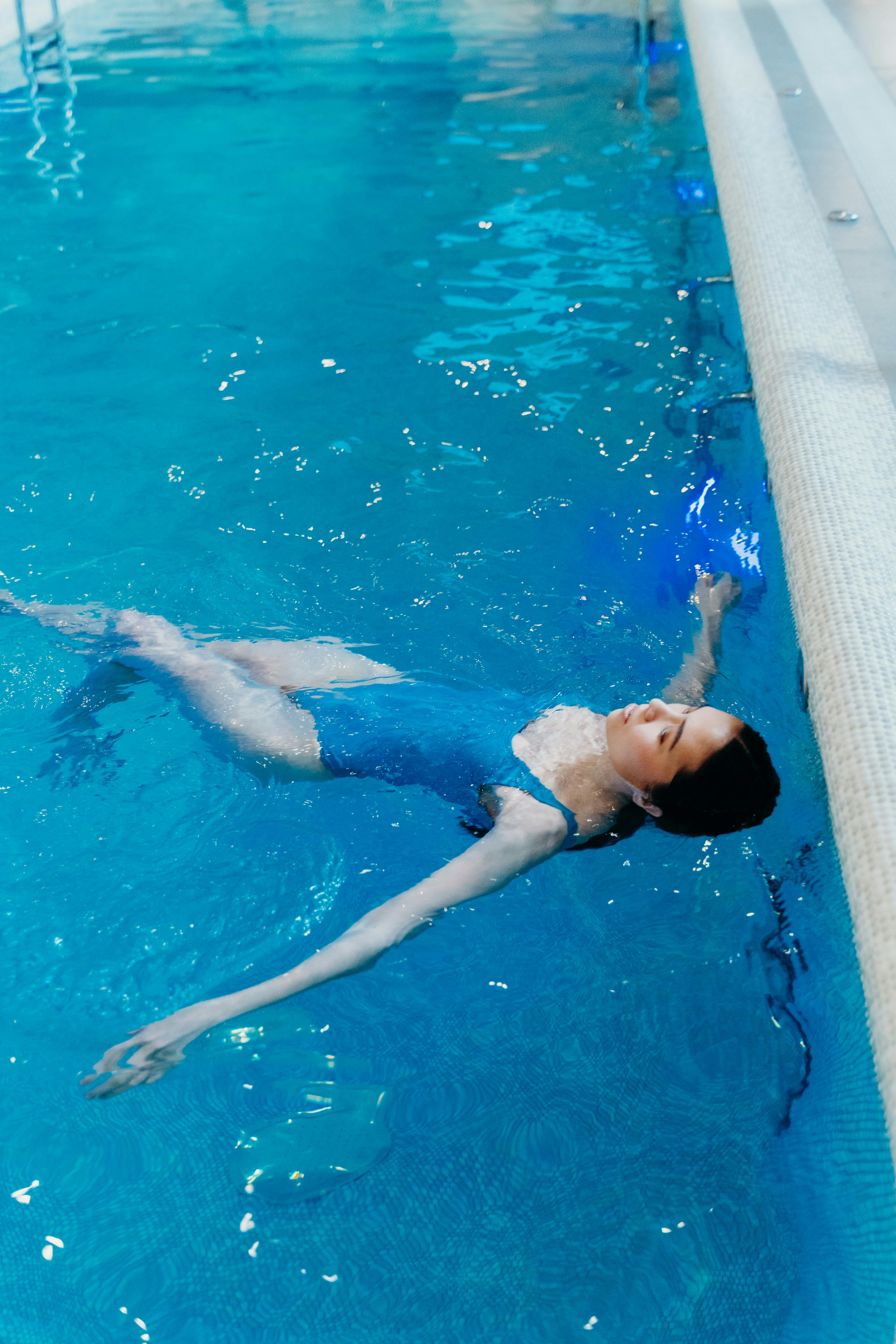The Science of Blue Mind: Aquatic Therapy's Cognitive Boost
Are you feeling stressed, anxious, or mentally drained? The solution might be as simple as immersing yourself in water. Recent research suggests that aquatic environments can have a profound impact on our cognitive function and emotional well-being. But what exactly is the science behind this phenomenon, and how can we harness its power to improve our mental health?

Water environments stimulate the release of neurochemicals that promote wellness, increase blood flow to the brain, and induce relaxation. The gentle, repetitive sound of waves or flowing water can lower cortisol levels, reducing stress and anxiety. Moreover, the visual aspects of aquatic scenes can activate the parasympathetic nervous system, which is responsible for rest and digestion.
The Cognitive Benefits of Aquatic Immersion
Research has shown that spending time in or around water can significantly improve cognitive function. A study published in the Journal of Environmental Psychology found that individuals who lived near coast lines reported better general and mental health than those who lived inland. This effect, known as Blue Health, extends beyond mere proximity to water.
Aquatic activities like swimming, surfing, or even just floating have been linked to increased creativity, improved memory, and enhanced problem-solving skills. The sensory deprivation experienced during flotation therapy, for instance, has been shown to boost divergent thinking and creative output.
Neuroplasticity and Water-Based Therapy
One of the most exciting aspects of aquatic therapy is its potential to enhance neuroplasticity – the brain’s ability to form new neural connections. The unique properties of water, including buoyancy and hydrostatic pressure, create an ideal environment for neurological rehabilitation.
For individuals recovering from brain injuries or neurological disorders, water-based exercises can stimulate neural pathways in ways that land-based therapies cannot. The reduced gravity environment allows for easier movement, promoting the formation of new synaptic connections and potentially accelerating recovery.
Emotional Regulation and Aquatic Environments
Beyond cognitive benefits, aquatic environments play a crucial role in emotional regulation. The immersive nature of water experiences can help individuals disconnect from daily stressors and achieve a state of mindfulness. This can be particularly beneficial for those dealing with anxiety, depression, or PTSD.
A study conducted at the University of Exeter found that people who live in coastal areas have better mental health outcomes compared to those living inland. The researchers attributed this to the calming effect of blue spaces and the increased opportunities for physical activity and social interaction that aquatic environments provide.
Implementing Aquatic Therapy in Daily Life
While not everyone has access to oceans or lakes, there are numerous ways to incorporate the benefits of Blue Mind into daily routines. Here are some practical strategies:
-
Take regular visits to local pools or water parks
-
Practice mindfulness exercises near fountains or small water features
-
Use sound machines or apps that play water sounds during work or relaxation
-
Incorporate aquatic exercises into your fitness routine
-
Try flotation therapy or sensory deprivation tanks
-
Create a water-themed meditation space in your home
Aquatic Wellness Insights
-
Exposure to blue spaces can reduce the risk of mood disorders by up to 36%
-
Swimming increases the production of brain-derived neurotrophic factor, which supports cognitive function
-
Hydrotherapy has been shown to improve sleep quality and duration
-
Regular aquatic exercise can lead to a 14% increase in mental health scores
-
The sound of water activates the prefrontal cortex, enhancing focus and attention
As we continue to uncover the profound effects of aquatic environments on our mental and cognitive health, it’s clear that Blue Mind theory offers more than just a refreshing dip. By intentionally incorporating water-based activities and environments into our lives, we can tap into a powerful, natural source of healing and cognitive enhancement. Whether it’s through regular swims, beach walks, or simple water-based mindfulness practices, embracing the blue can lead to a clearer, calmer, and more cognitively robust mind.






